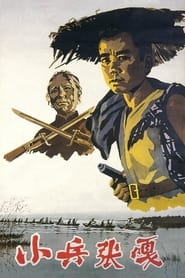detail profile yu shaokang
Peran Yang Di Mainkan Yu Shaokang
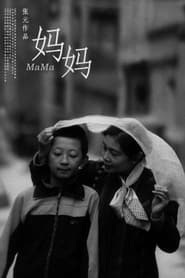 Often cited as Chinas first independent...
Often cited as Chinas first independent...Mama 1990
Often cited as China’s first independent feature film, this low-budget drama, filmed largely in the director’s Beijing apartment, depicts the life of a single mother (a topic considered taboo at the time) caring for her mentally challenged son. Shot with a documentary aesthetic that includes interviews with families of mentally challenged persons, the film helped kick-start the Sixth Generation of filmmakers (including Wang Xiaoshuai and Jia Zhangke) and their ethos of employing documentary realism to depict the true conditions of contemporary China.
 Ten years before the outbreak of...
Ten years before the outbreak of...The Go Masters 1982
Ten years before the outbreak of the Second World War in Asia, a Japanese Go master and his Chinese rival meet in China to play a game of Go (loosely described as an Asian version of chess). It soon becomes evident that the Chinese master's son is the most talented player that the Japanese master has ever encountered, and he convinces the boy's father to let him bring the child back to Japan to train him as a professional Go player. Years pass, and as the young Chinese master grows to maturity in Japan, the Japanese invasion of China forces him to choose between his triumphant career and his loyalty to his native country. His decision is complicated by his marriage to the daughter of the Japanese master, with whom he has produced a child. His choice will profoundly alter the lives of two families. Their saga serves as a reflection of the tragic relations between their two great countries, and the possibility of reconciliation and healing.
 Xia Zhenglan is a young beautiful...
Xia Zhenglan is a young beautiful...Spectre 1980
Xia Zhenglan is a young beautiful ballerina, and bride. On her wedding night, her husband dies oddly which causes her to become mentally deranged. The police become suspicious of her actions which forces her to be drawn into the fight for her life.
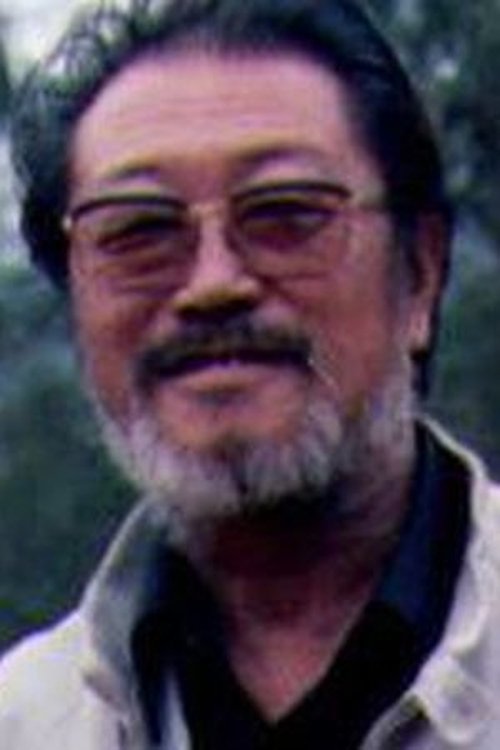
 1993 film
1993 film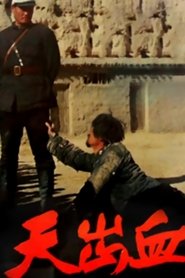
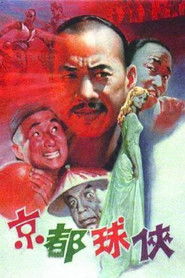
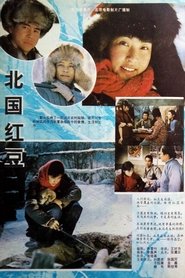
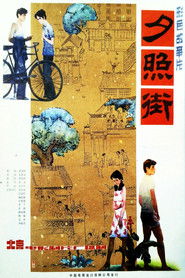
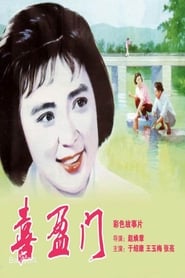
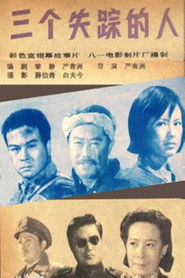
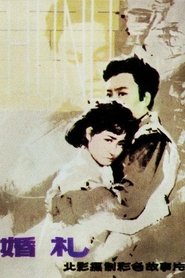
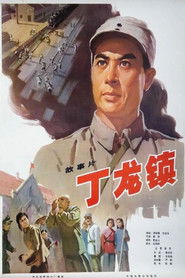 A Nationalist spy is operating in...
A Nationalist spy is operating in...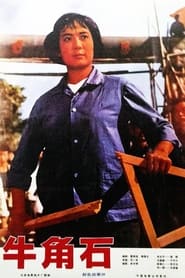
 With the fishermens life on the...
With the fishermens life on the...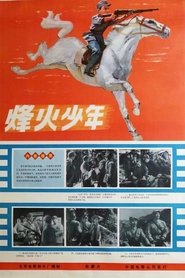 Orphan Xiao Song is wounded in...
Orphan Xiao Song is wounded in...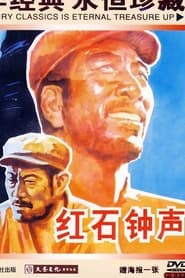
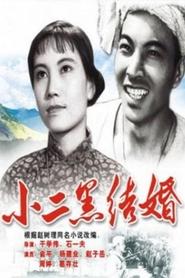 In Liujiajiao Village a border area...
In Liujiajiao Village a border area...